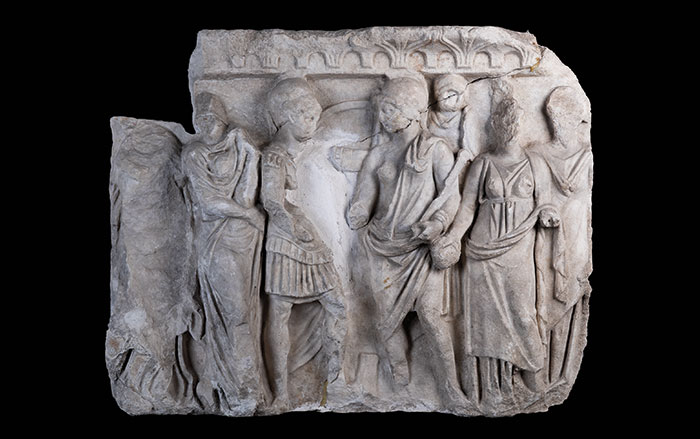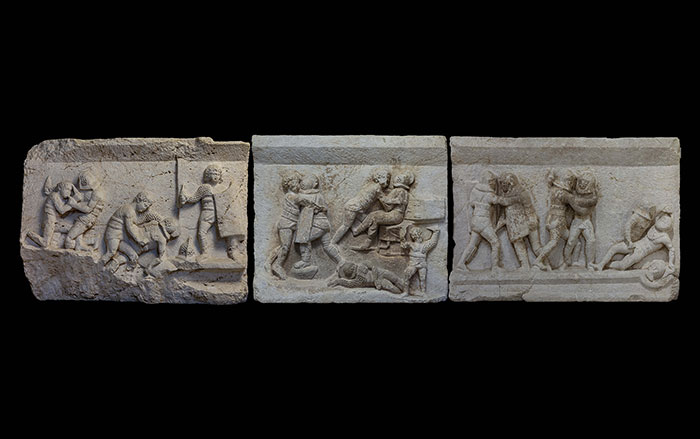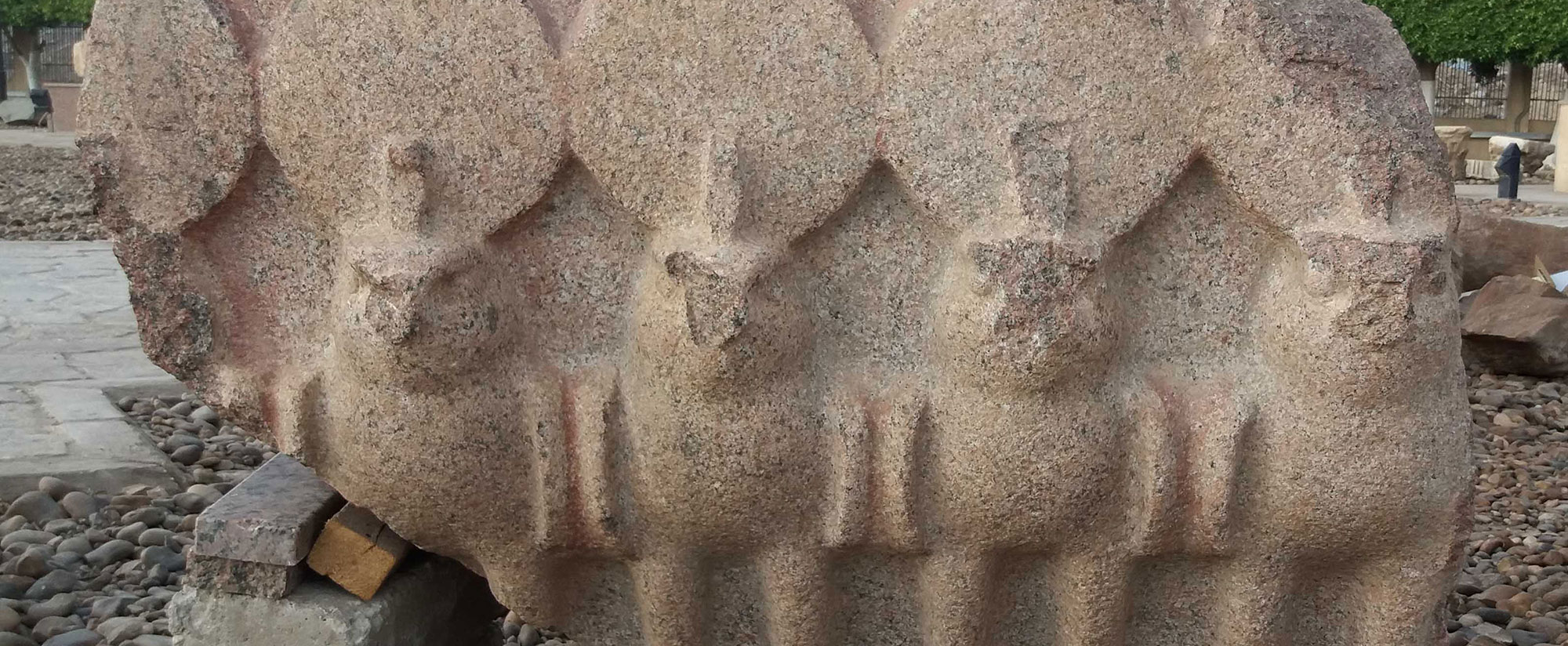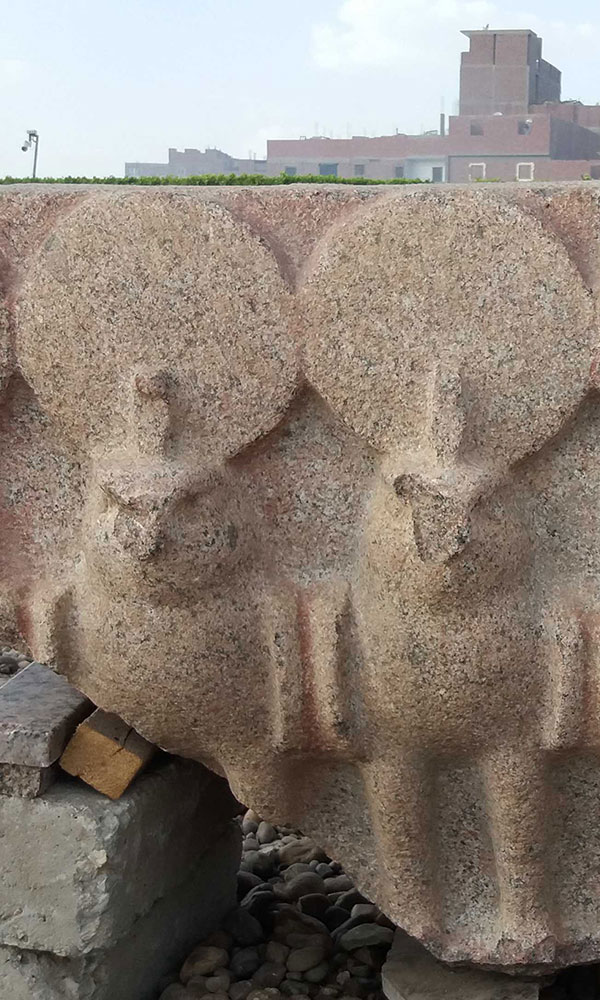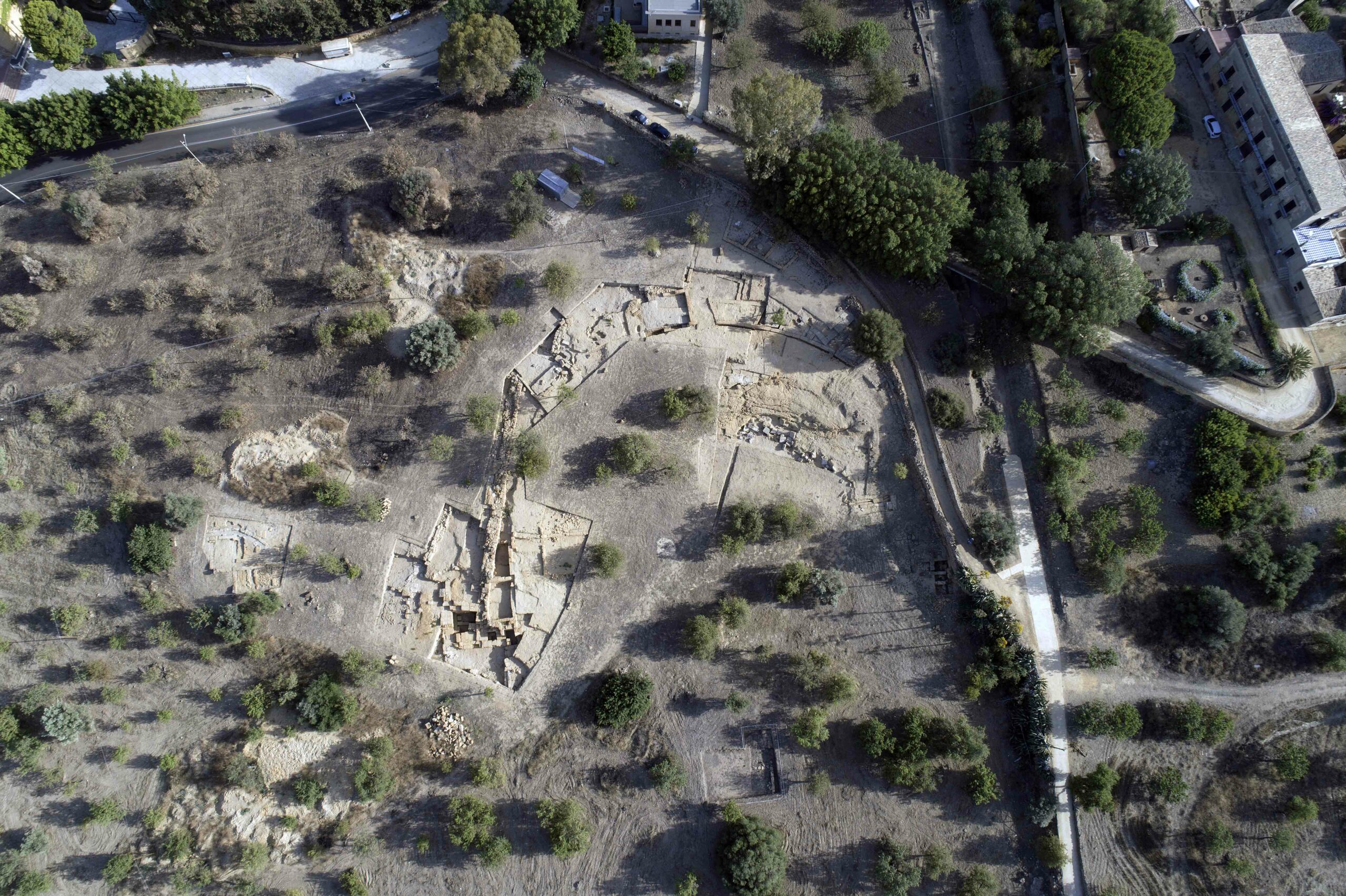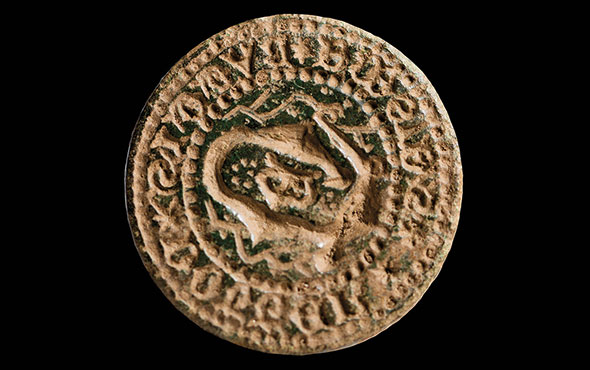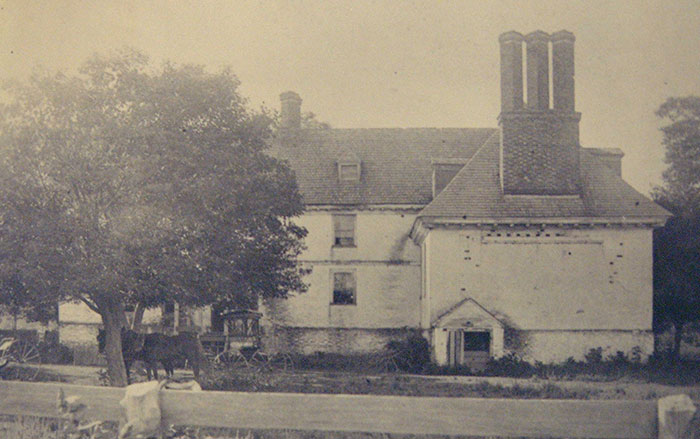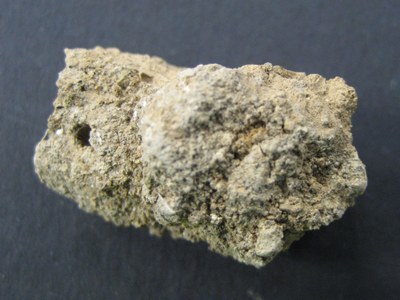
CAMBRIDGE, ENGLAND—Cosmos Magazine reports that evidence of intestinal parasite infection has been detected in 8,000-year-old feces from Turkey’s well-preserved Neolithic village of Çatalhöyük. Archaeologist Piers Mitchell of Cambridge University and his colleagues think the residents may have relieved themselves in the midden, where the coprolites, or fossilized feces were found, or in clay pots inside their homes, and then emptied the pots into the midden. First, the researchers analyzed sterols and bile acids in the samples to confirm they were produced by humans. Microscopic examination of the feces revealed the eggs of whipworms (Trichuris trichiura) in two of the coprolites. This parasite lives in the human large intestine and can cause health problems, particularly in children. Mitchell said the team members now want to find fecal material left behind by earlier hunter-gatherers, in order to understand how the transition to farming and village life, and the resulting change in sanitary practices, may have affected human health. To read about another discovery at Çatalhöyük, go to “Figure of Distinction.”




